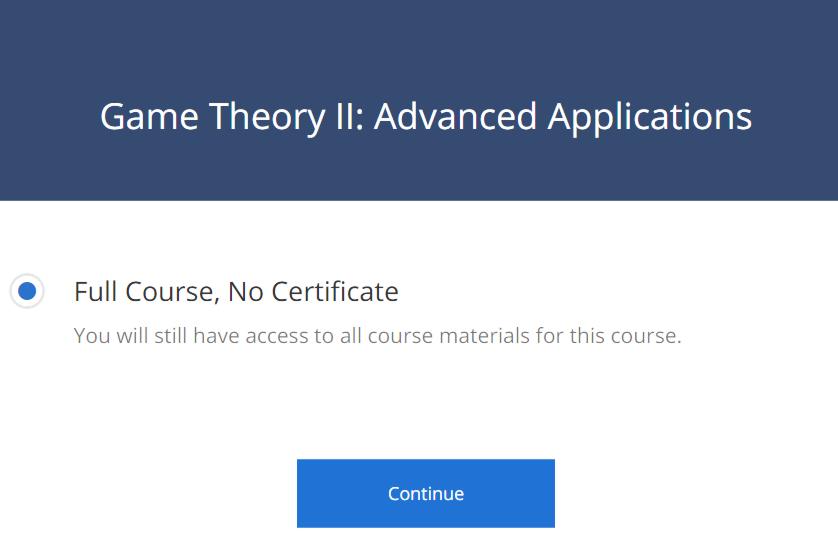| Coursera Relaunches Classic Computer Science Courses |
| Written by Sue Gee | |||||||||||||||||||||||||||||
| Friday, 15 July 2016 | |||||||||||||||||||||||||||||
|
Many of the Computer Science courses that we feared had been assigned to the scrapheap have reappeared in Coursera's catalog. This has been done unobtrusively and without any announcement and so might miss the attention it deserves. You might remember the headline we ran last month: Coursera Commits Cultural Vandalism As Old Platform Shuts in response to the email Coursera had sent out notifying students that access to its "old platform" would end on June 30th. Our interpretation, based on information received by several course providers, was that in the move from the original to the new platform a large number of courses were likely to be lost. Within hours of the article being published Coursera published a clarification on its blog post that: nearly all courses that have been offered on that platform will remain available in an updated format on the new platform. In an exchange of emails that followed, however, Coursera wasn't able to give complete reassurance that the unique and valuable course that had been the focus of I Programmer's outrage, Geoffrey Hinton's Neural Networks with Machine Learning, would be relaunching. In view of the fact it it had never been re-run since its 2012 presentation the idea that it might be revived for the new platform did seem unlikely. A post to Hacker News last weekend from Archive.org give news of its initiative to preserve 27 courses in a collection titled Archive Team: The Coursera Curse. As the items in the collection have code numbers and not titles I don't know which courses it downloaded. It was a comment from Class Central's Dhawal Shah that alerted me to the fact that Hinton's course was back in Coursera's catalog. On request Coursera provided a list of 90 courses that have transitioned to the new platform since the old one shut on June 30th and it includes the following 25 Computer Science ones:
Except where indicated these are only available as free courses that do not award certificates. While they have specified start dates and cohorts of students will be encouraged to complete them within a set number of weeks, without graded assignments there may not be the same impetus as for the original courses or as for newer courses designed specifically for the new platform.
The more sophisticated features of Coursera's new platform do mean that transferring a course to it isn't just a case of a new url. A post this week on the the Coursera Building blog, Rust & Docker in production @ Coursera outlines with the help of a graphic what happens when a submission is uploaded for grading with the aim of explaining why Rust is the best choice of language for programming these transactions. Although it doesn't mention costs, the article does provide a rationale for why students who are aiming for a verified certificate shouldn't expect this to be free. It also serves to explain why the newly restored Free No Certificate courses don't include the graded assignments that you will find in the courses designed from the group up for the new Coursera platform and why you are likely to find the newer courses being preferentially promoted compared to its original re-launched ones. Even so it is very good to see their return and I am now willing to retract my accusation of "cultural vandalism" in light of this restoration. According to Coursera their revival was part of the plan. Its spokesperson told us: "As has always been our intention, we are working diligently to relaunch the vast majority of the courses from our old platform on the new one. We will continue to work with our university partners over the coming weeks and months to relaunch additional courses." Why it managed to convey the opposite impression for such a long time is may just have been a failure of communication. More InformationCoursera’s transition to a new technology platform Related ArticlesCoursera Commits Cultural Vandalism As Old Platform Shuts New Coursera Core CS Specialization Scala Specialization On Coursera To be informed about new articles on I Programmer, sign up for our weekly newsletter,subscribe to the RSS feed and follow us on, Twitter, Facebook, Google+ or Linkedin.
Comments
or email your comment to: comments@i-programmer.info
|
|||||||||||||||||||||||||||||
| Last Updated ( Friday, 15 July 2016 ) |




